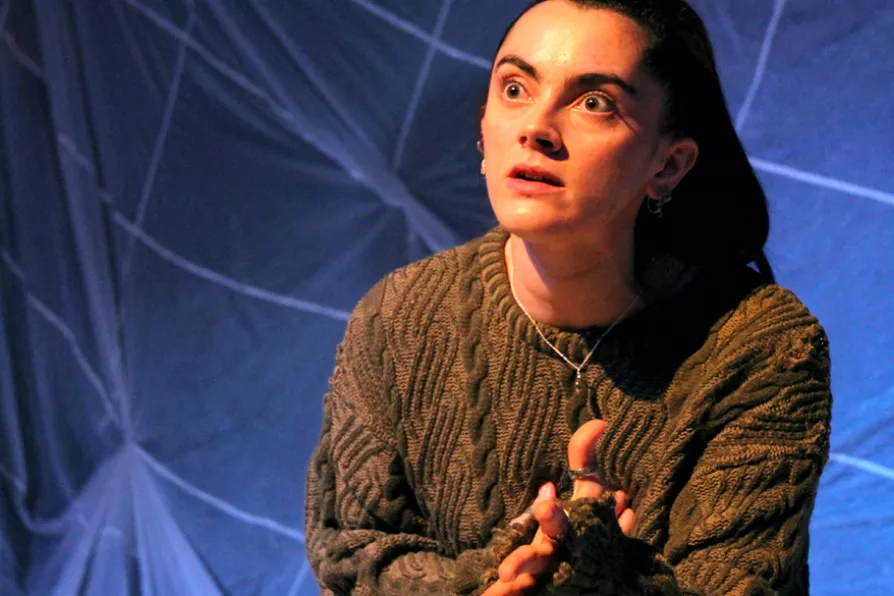The Bard reflects on sharing a bed, and why he wont go to Chelsea
A beguiling Northern Irish Scheherazade

 SPELLBINDING: Rachael Rooney
[Eleanor Grice]
SPELLBINDING: Rachael Rooney
[Eleanor Grice] The Girl Who Was Very Good at Lying
Omnibus Theatre
More from this author

LYNNE WALSH reports from the Women’s Declaration International conference on feminist struggles from Britain to the Far East

Caroline Darian, daughter of Gisele Pelicot, took part in a conversation with Afua Hirsch at London’s Royal Geographical Society. LYNNE WALSH reports

This year’s Bristol Radical History Festival focused on the persistent threats of racism, xenophobia and, of course, our radical collective resistance to it across Ireland and Britain, reports LYNNE WALSH

LYNNE WALSH previews the Bristol Radical History Conference this weekend














